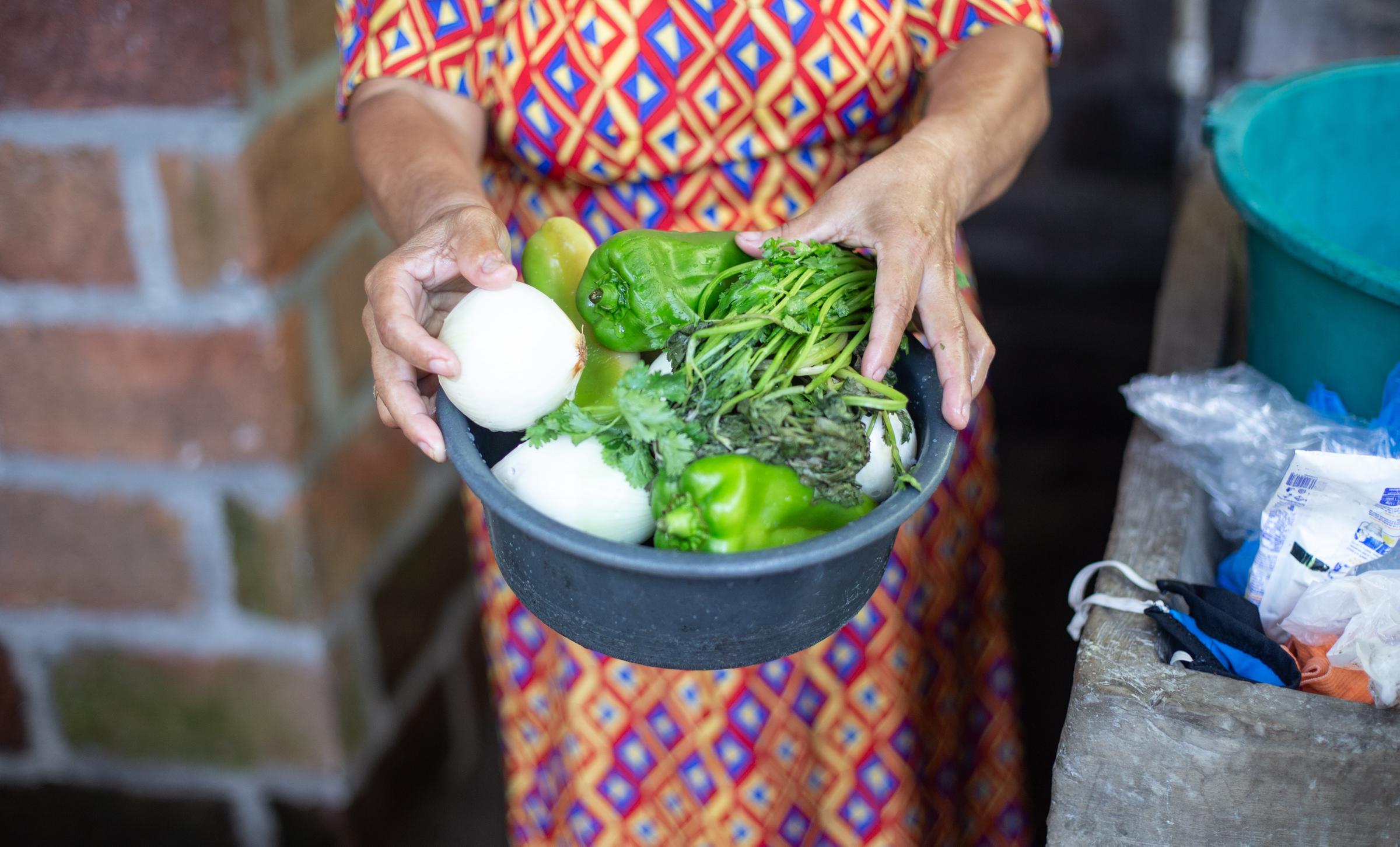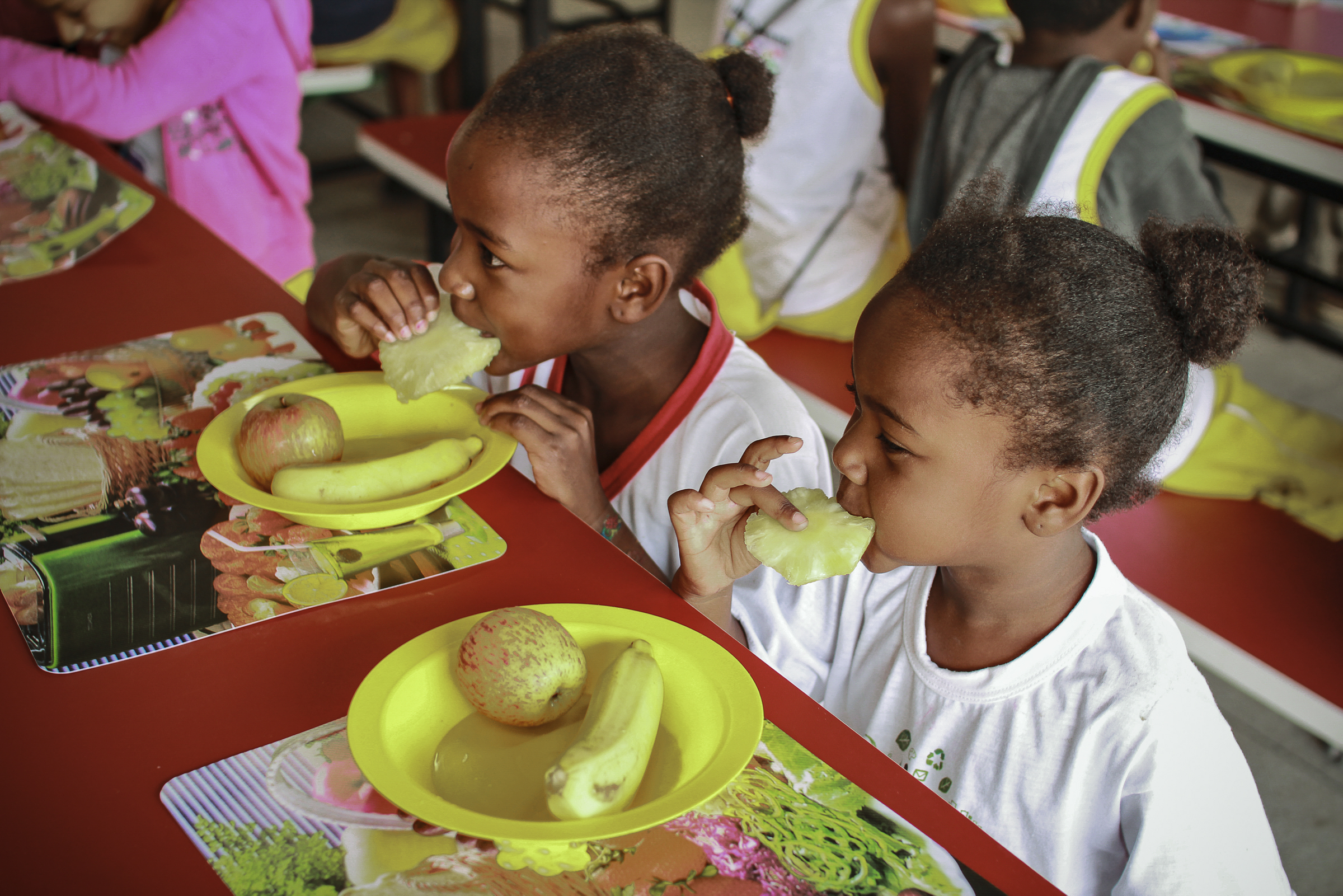
Photo: WFP/David Fernandez
The current crisis and the need for social isolation during the Covid-19 pandemic are leading many to consume more processed food, ultra-processed food with longer shelf lives and canned foods, rather than fresh products. But ultra-processed food can cause major damage to the health of adults and children. According to the Dietary Guidelines for the Brazilian Population, an adequate and healthy diet is one based on fresh and minimally processed foods.
The publication also warns that the consumption of ultra-processed foods should not be part of the diet of children under two. These foods should also be avoided throughout life, as they are associated with the increased prevalence of obesity and chronic conditions. More than 100 countries have developed similar dietary guidelines, many of them inspired by the Brazilian model. However, most of them still include recommendations based on food groups, regardless of the level of food processing, as the Brazilian Guidelines do.
These materials, prepared by the Brazilian Ministry of Health taking robust scientific evidence into account, will also provide input for discussions within the scope of the new South-South cooperation project between the WFP Centre of Excellence against Hunger and the Brazilian Ministry of Health, which aims to strengthen the capacities to respond and improve national food and nutrition policies in Latin American countries.
 Photo: WFP/Camila Schindler
Photo: WFP/Camila Schindler
About the Brazilian Dietary Guidelines
The Dietary Guidelines for the Brazilian Population, launched in 2006 and revised in 2014, presents a set of information and recommendations about food that aim to promote the health of people, families and communities and of Brazilian society as a whole, today and in the future. Brazil was the first country to consider and include in its Guidelines the level of food processing to make recommendations for healthy eating.
The Guidelines were designed to support the right to adequate food and nutrition and is part of a series of inter-sectoral actions aimed at improving the population’s food and nutrition standards and contributing to health promotion. In general, dietary guidelines are instruments to support and encourage healthy eating practices at the individual and collective levels, as well as to subsidise policies, programmes and actions that aim to encourage, support, protect and promote the health and nutritional and food security of the population.




